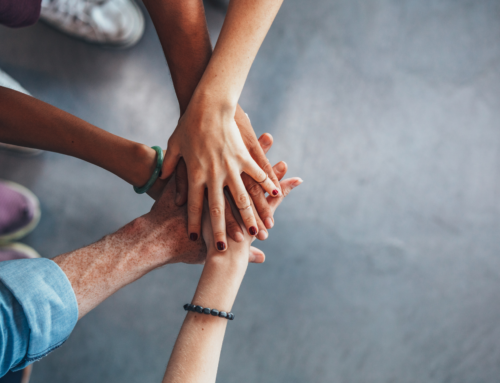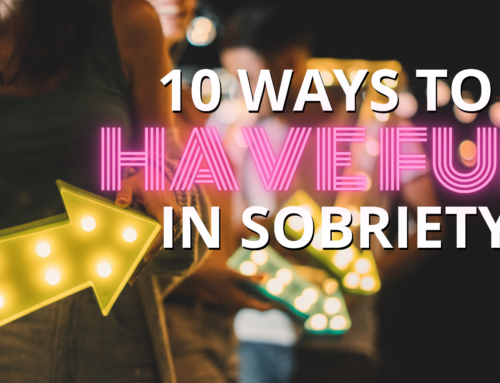For many people entering recovery or finding sobriety, finding ways to have fun without drinking or using drugs can be a foreign and challenging task. Many people, unfortunately, end up returning to harmful patterns of substance abuse or misuse as a result of not being able to accomplish this task. It is for this reason, among a handful of others about to named, that it is extremely important for people in early sobriety to have fun. Without it, sobriety and life and general has the potential to be pretty boring, drab, glum, etc.. Beyond the purpose of having fun to keep sobriety from becoming boring or monotonous, some other examples of why having fun in sobriety is absolutely necessary or imperative are:
- It rebuilds neuropathways in the brain. Without this blog becoming a science report, I can tell you in short that the brain of a person who has been misusing substances over a long period does not function in the most healthy way. Particularly when it comes to experiencing joy. The more fun you have in early recovery the quicker your brain begins to heal, rebuilding neuropathways that have not served their purpose for long periods. You are essentially training your brain to experience joy without the assistance of mind or mood altering chemicals. As with any “training”, this requires repetition. So have fun, and have fun often.
- It acts as a time-filler. So many people new to sobriety don’t know what to do with their newfound free time (there will be plenty, trust me). If not filling this space with fun, productive activities, many are left to wallow in self-pity, feeling bad for themselves that they can’t drink. This is a slippery slope that would lead anyone back to the only way they know how to have fun, with the help of chemicals. Having fun in sobriety keeps those emotions of self-pity, and thoughts of drinking, at bay even if just for those short periods. The less time you’re thinking about drinking or feeling bad for yourself because you can’t drink.
- It reduces stress. People often don’t realize just how much stress they are putting on their brain when abusing or misusing substances. That stress bleeds over and we experience it in the form of worry, anxiety, etc. even when we are not intoxicated. Especially in early sobriety, this stress can act as a trigger to return to old or dangerous patterns of misuse. Having fun reduces stress levels, thereby reducing the chances of a relapse into old behaviors.
- It shifts your perceptions and old ideas about a life in sobriety. By keeping an open mind, reframing your definition of “fun”, and then engaging in those activities, your attitude about sobriety will inevitably begin to change. You begin to find that many perceptions you had about people in sobriety or recovery are simply untrue and by doing so, your attitude surrounding a life in recovery changes from negative to positive.
Be willing to give fun in sobriety a chance and in doing so, you will give yourself the chance at long-term, sustainable, and enjoyable sobriety!







